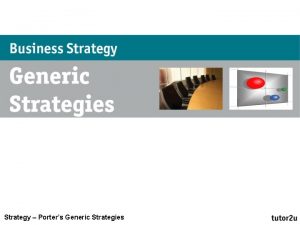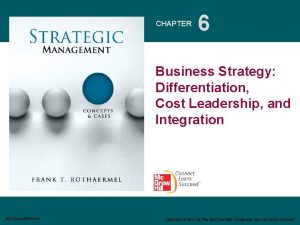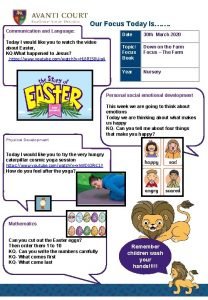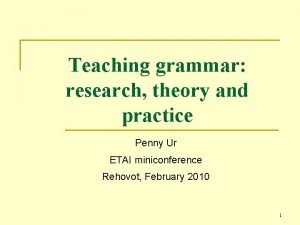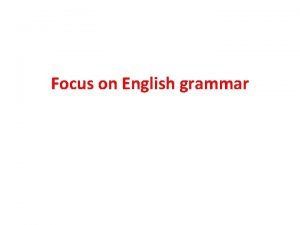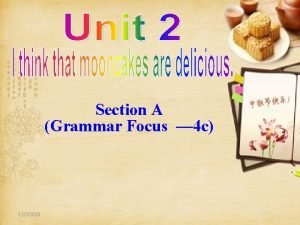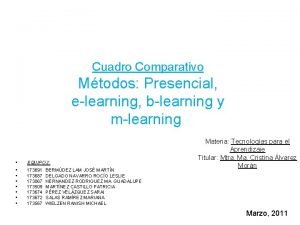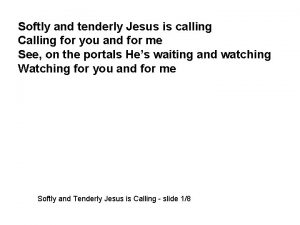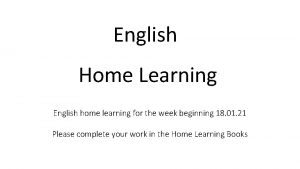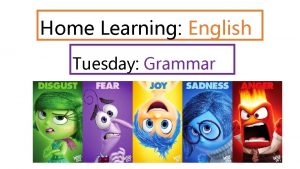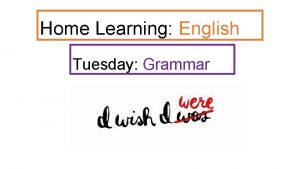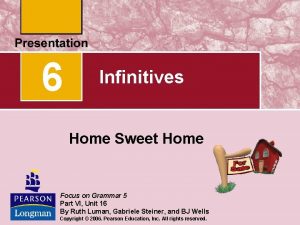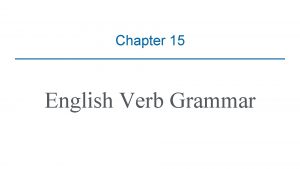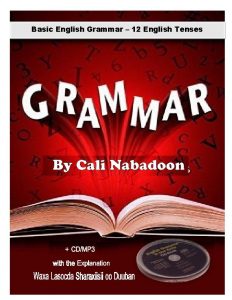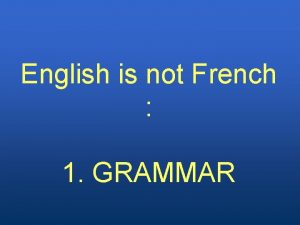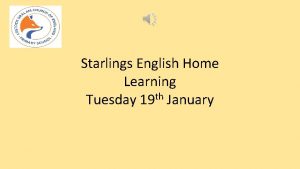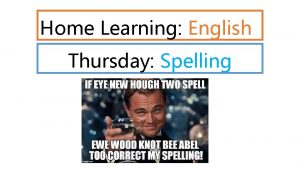Home Learning English Tuesday Grammar Our grammar focus














- Slides: 14

Home Learning: English Tuesday: Grammar

Our grammar focus today is. . . RELATIVE CLAUSES What do you know about them?

A relative clause is a type of embedded clause (meaning it goes in the middle of a main clause) that expands on/gives more information about a noun. Nouns = people, places or things Warning: A relative clause can go at the end of a sentence too!

Rules: 1) A relative clause doesn't make sense on its own. 2) If you take out a relative clause, the main clause still makes sense. 3) Your relative clause must begin with a relative pronoun.

The structure of a relative clauses is: Noun to start main clause ( or , or - relative pronoun + clause ) or , or - end of main clause. Examples Mr Silvester, who couldn’t wait to get back to school, was planning some exciting lessons. Featherstone, which was eerily quite during lockdown, wasn’t the same without the children.

Which relative pronoun should I use?

The structure of a relative clauses is: Noun to start main clause ( or , or - relative pronoun + clause ) or , or - end of main clause. Rules: 1) A relative clause doesn't make sense on its own. 2) If you take out a relative clause, the main clause still makes sense. 3) Your relative clause must begin with a relative pronoun. My family… Featherstone… Mr Silvester Miss Whitehouse Miss Williams Use the following starting main clauses to write a sentence.

The structure of a relative clauses is: Noun to start main clause ( or , or - relative pronoun + clause ) or , or - end of main clause. Rules: 1) A relative clause doesn't make sense on its own. 2) If you take out a relative clause, the main clause still makes sense. 3) Your relative clause must begin with a relative pronoun. Look at some of my examples… My family, who were all helping around the house, decided to do a quiz today. Featherstone, which was currently closed, is a great school. Mr Silvester (who hoped he could go out for his birthday) was turning 27 this year. Miss Whitehouse – who was a massive Harry Potter fan – decided to visit Hogwarts.





who…

Preparation for tomorrow As our theme this week is all about the universe and space, you will be doing a piece of writing tomorrow about your own planet. To prepare, start to think about your own made up planet and what you would call it. Once you have a name, write down at least 5 facts about your planet. You could also draw it! E. g. Pandora, which is home to the humanoid species called the Na’vi, is similar to Earth. Your facts need to be written in sentences using relative clauses.
 Prolepsis
Prolepsis Cost focus and differentiation focus
Cost focus and differentiation focus Two fundamental business strategies are
Two fundamental business strategies are Actor focus vs object focus
Actor focus vs object focus Our focus today
Our focus today Focus on form approach to grammar
Focus on form approach to grammar Grammar focus verb to be
Grammar focus verb to be Grammar focus 4
Grammar focus 4 Grammar focus 1
Grammar focus 1 Cuadro comparativo de e-learning
Cuadro comparativo de e-learning Apa arti dari home care
Apa arti dari home care Perbedaan home care dan home visit
Perbedaan home care dan home visit New mobile home sales oak springs mobile home community
New mobile home sales oak springs mobile home community Unit 1 home sweet home
Unit 1 home sweet home Come home come home jesus is calling
Come home come home jesus is calling

